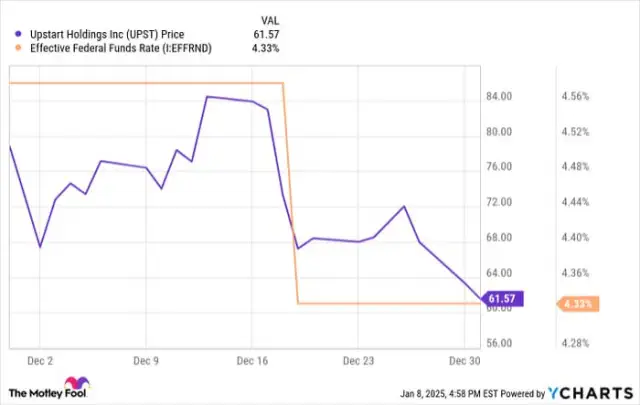In a memo to employees, JPMorgan informs that the company is ending remote work. Reuters reports that it has seen and read the written internal communication and explains that the message in the memo is clear. Employees are being required to return to the office five days a week beginning March 2025, as communicated in the memo.
JPMorgan, the largest bank in the United States, has a global workforce exceeding 316,000 employees. As of April 2023, a significant portion (60%) of these staff members have transitioned back to a full-time, in-office work schedule. Reports from both Reuters and Bloomberg have validated the existence of an internal memo indicating that the remaining 40% of employees will soon be expected to follow suit. Currently, many of these individuals are engaged in a hybrid remote work setup.
According to Bloomberg, the memo tells employees that, “not everyone will agree with this decision.” Still, members of the JPMorgan committee go on to write that, “we think it is the best way to run the company.”
Many large corporations and organizations have been moving in this direction for a while. AT&T, Amazon, Walmart and now JPMorgan are just some of the latest.
In response to COVID-19—and the subsequent lockdowns and shutdowns—companies necessarily permitted managers and employees to design creative remote-work arrangements. While most of these arrangements were never meant to be more than temporary, some companies find value in remote work and continue to post job openings for remote workers.
JPMorgan and other companies are moving away from remote work for several reasons. One key factor is the desire to foster collaboration and innovation among employees, which can be more effectively achieved in a physical office environment. Additionally, management believes that in-person interactions can enhance team dynamics and build stronger relationships. There are also concerns about maintaining company culture and ensuring that employees are engaged and productive. Furthermore, as the pandemic situation improves, companies are looking to return to a more traditional work model to maximize operational efficiency and oversight.
Although numerous companies are adopting remote work policies, several share JPMorgan's viewpoint on putting an end to it.
Just last Thursday, Amazon’s remote workers began returning to their offices and workplaces. This return-to-office (RTO) requirement had been announced in September 2024 when Amazon CEO Andy Jassy shared a message explaining that the company would mandate that employees return to office five days a week beginning January 2, 2025, unless an exception is approved.
Here are several arguments presented in favor of promoting in-person work environments and moving away from remote work arrangements.
- JPMorgan’s CEO advocates for in-person workplaces where employees arrive to work and interact and collaborate with each other. In many different interviews, Jamie Dimon has made clear that he is a workplace traditionalist and believes that face-to-face communication and collaboration make for higher levels of innovation, creativity and teamwork and improve employee engagement and learning.
- Amazon’s CEO shared the reason for ending remote work in a company message. In it, Andy Jassy expresses that Amazon is, “better set up to invent, collaborate, and be connected enough to each other and our culture to deliver the absolute best for customers and the business” when employees are regularly working together in the office(s). Jassy goes on to share, “that it’s easier for our teammates to learn, model, practice, and strengthen our culture; collaborating, brainstorming, and inventing are simpler and more effective; teaching and learning from one another are more seamless; and, teams tend to be better connected to one another.”
- President-elect Donald Trump doesn’t much agree with remote-work options either. Trump has informed that under his watch federal workers who don’t return to the office will be dismissed (fired). He believes, as the CEOs of JPMorgan and Amazon, that people get more done and work at higher levels when doing so together inside the workplace.
Two fundamental choices for working remotely.
Depending on the circumstances of the position, company and type of work performed, the definition for remote work can vary. Still, there are basically two different kinds of remote work that are applicable to most positions, companies and industries: (1) hybrid remote work and (2) full-on remote work.
- Hybrid work. With hybrid work, employees split their time in varying percentages between working onsite (physically at company’s location) and working from home or some other offsite location. The remaining JPMorgan employees who work remotely do so working a hybrid model.
- Full-on remote work. With full-on remote work, employees are not required to split their time between onsite and offsite locations at regularly scheduled intervals. The expectation would be that these remote workers work from home or anywhere else their employer deems appropriate for getting the work done.
The primary distinction lies in the fact that hybrid work necessitates that employees come to a physical workplace at predetermined times, whereas fully remote work does not impose any obligation for regular in-person attendance.
JPMorgan's workforce mainly operates under a hybrid model for their remote work. However, as stated in an internal memo, this option for remote work may soon be coming to a close.










